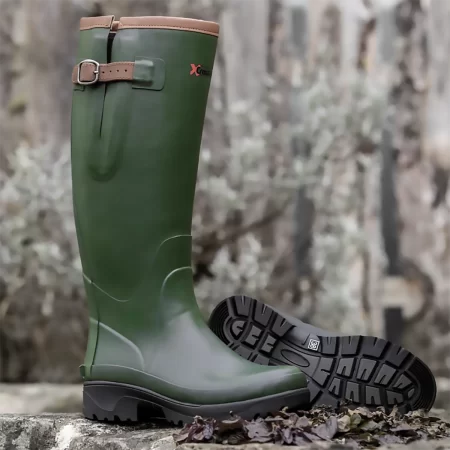About Head Shaking
Whilst most horses shake their heads from time to time when irritated by flies or frustrated head shakers shake their heads persistently and apparently involuntarily.
Head shaking most often occurs in adult horses and the condition seems to worsen in spring and summer, mostly occuring when the horse is worked.
Symptoms of Head Shaking
The symptoms of head shaking are persistent, sharp, jerking movements of the head. The head shaking movements can vary from small, flicking movements to huge upwards or downwards swings of the head and neck that can hit or unseat a rider, or cause the horse to fall making them a danger to ride. Head shakers may also snort and rub their face or nose on the ground, on their legs or on the walls of a stable. The severity of the symptoms of head shaking can vary widely between horses.
Treatment of Head Shaking
Many conditions can cause a horse to shake its head such as ear mites, sinus problems, dental problems, eye disorders, etc so it is vital to have the horse checked by a vet to rule out other conditions that may be the cause of any abnormal head shaking.
The exact cause of head shaking is unknown and no single treatment works for all horses, and some horses are not treatable at all.
Some head shakers may have an allergy similar to hayfever and a mesh or veil over the nose can help, as can antihistamines. In other cases light has been found as a factor and riding at night or in an indoor school can help. Other treatments can include anticonvulsants and surgery on the nerves.
Prevention of Head Shaking
As the cause of head shaking is unknown there is no way to ensure its prevention.












